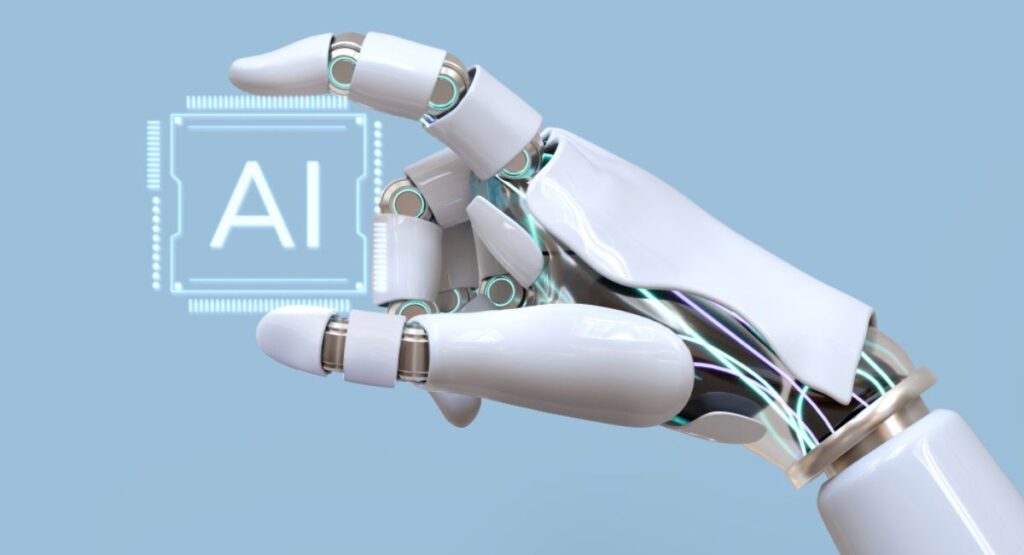Drupal AI Integration: Revolutionizing Web Development in 2025

Introduction
As we move deeper into 2025, the convergence of artificial intelligence (AI) and web development is no longer a trend—it’s a necessity.
One of the most powerful and flexible open-source content management systems, Drupal, is embracing this transformation through AI integration.
With its modular architecture, robust API support, and enterprise-grade capabilities, Drupal is well-positioned to lead the next wave of intelligent digital platforms.
From Drupal AI modules to AI-powered search and chatbots, this article explores how Drupal AI integration is revolutionizing the way websites are built and experienced in 2025.
Businesses looking to stay ahead are increasingly turning to Drupal development services to implement these cutting-edge AI capabilities efficiently and at scale.
Why 2025 Is the Right Time for AI in Drupal
AI has become a business-critical technology across sectors. Personalized content, predictive analytics, and intelligent automation are now expected. As demands grow, Drupal and AI are evolving together to meet these expectations.
By 2025:
- Cloud services like Drupal OpenAI integrations (ChatGPT, Google Cloud AI, AWS ML) are widely accessible.
- Decoupled architectures make it easier to embed AI in Drupal without performance trade-offs.
- Low-code AI tools and Drupal AI modules empower content teams to use AI without needing deep technical skills.
These trends make Drupal AI integration more feasible, scalable, and impactful than ever.
Key Benefits of Drupal AI Integration
1. Personalized Content Delivery
With tools like Drupal AI interpolator and AI recommendation engines, Drupal can analyze user behavior and serve up dynamic content. This level of personalization boosts engagement and conversions across industries.
2. Smarter AI-Powered Search
Modules like Drupal Search API AI enable advanced search features—combining Apache Solr or Elasticsearch with NLP and intent recognition. This AI search Drupal experience helps users find what they need faster and with more precision.
3. Automated Tagging and Classification
By leveraging AI modules in Drupal, content can be automatically tagged, summarized, or classified using machine vision or language models—saving hours of editorial time.
4. Predictive Analytics
Integrating AI models within Drupal dashboards helps forecast trends, optimize content strategy, and power Drupal AI agents that guide users toward high-value actions.
5. AI Chatbots and Assistants
Using tools like Drupal AI Chatbot modules or Drupal AI Assistant, organizations can deploy virtual helpdesks, conversational interfaces, and FAQ automation. These bots, powered by Drupal Open AI or Dialogflow, offer 24/7 engagement.
6. Accessibility Enhancements
AI can auto-generate captions, voice navigation prompts, and Drupal AI ALT text for better accessibility—aligning with global compliance standards.
Popular AI Tools and Modules for Drupal
Here are some trending tools and services developers are using for Drupal AI integration in 2025:
- Drupal AI Module (Contributed): A base framework to plug in AI models for tagging, translation, personalization, and more.
- OpenAI GPT Integration: Connect Drupal with GPT-4/5 for intelligent text generation, summarization, or chatbot interfaces.
- Google Cloud Vision/NLP: AI-driven image recognition and sentiment analysis in Drupal workflows.
- Custom AI Module Drupal Extensions: Developers are building tailored AI logic using REST APIs, Python-based ML models, and Drupal hooks.
- AI Interpolators: These tools allow smart adjustments of content or visuals based on user data and prediction models.
Real-World Use Cases
Media & Publishing
Newsrooms use Drupal AI to auto-summarize articles, recommend similar stories, and optimize headlines for SEO using Drupal AI modules.
E-Commerce
Retail sites running on Drupal Commerce use AI Drupal tools to provide intelligent product recommendations, forecast inventory, and automate upselling.
Higher Education
Educational platforms employ Drupal AI Chatbots to answer student questions, deliver custom learning paths, and assist with form submissions.
Government & NGOs
AI enables automated translation, accessibility tools like AI alt text Drupal, and real-time content moderation for large multilingual sites.
Challenges and Considerations
While powerful, Drupal AI integration comes with its set of considerations:
- Data Privacy & Ethics: AI in Drupal must comply with regulations like GDPR and HIPAA, especially when using user behavior data or third-party AI agents.
- Performance: Real-time personalization and AI search Drupal features may demand higher server resources or edge computing solutions.
- Technical Complexity: Combining AI models, APIs, and Drupal AI modules may require cross-functional expertise in both PHP and machine learning.
- Bias and Transparency: AI logic must be transparent and free from unintended biases, especially in content delivery and chatbot replies.
A strategic approach and an experienced Drupal development partner can help navigate these challenges.
How to Get Started with Drupal AI Integration
1. Define Your Goals
Identify whether you’re looking for automation, personalization, AI search, or a Drupal AI chatbot solution.
2. Choose the Right Tools
Compare native Drupal AI modules, third-party APIs, or frameworks like TensorFlow, depending on your use case.
3. Integrate with Drupal
Use JSON:API, GraphQL, or custom modules to bridge Drupal with external AI tools like OpenAI, Google Cloud AI, or Amazon SageMaker.
4. Train and Validate Models
Feed AI models with training data relevant to your domain, then test outputs using sandbox environments or Drupal staging sites.
5. Monitor, Optimize, Iterate
Use AI module Drupal analytics to measure impact, adjust algorithms, and enhance performance continuously.
What’s Next: The Future of AI in Drupal
The fusion of Drupal and AI is evolving rapidly. Expect to see:
- Core support for Drupal AI modules in popular distributions
- AI-based layout suggestions in Drupal Layout Builder
- Native Drupal AI assistant features in editorial workflows
- More accessible tools for no-code AI use
- Expansion of Drupal AI agents for multilingual, multi-channel platforms
Together, Drupal and AI are shaping the next generation of digital experience platforms—ones that are intelligent, adaptive, and user-centric.
Conclusion
In 2025, Drupal AI integration is not a futuristic concept—it’s the foundation of modern digital development. From AI search Drupal to smart chatbots and automated personalization, AI in Drupal is making websites faster, smarter, and more human-centered.
Organizations that embrace this fusion of content and intelligence will not only lead in user experience but also gain a competitive edge in a rapidly evolving digital world.












